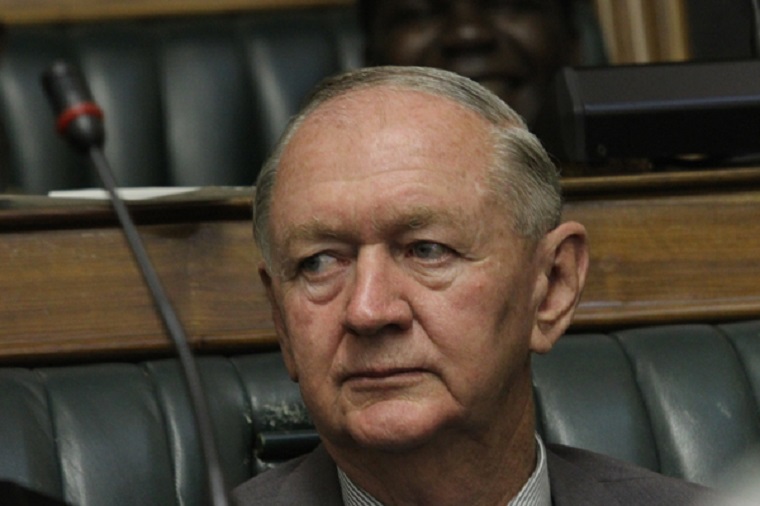The present crisis that Zimbabwe is facing is a result of government’s extravagance as it is spending money that it does not have, Bulawayo South legislator Eddie Cross says.
The tragedy is that President Robert Mugabe did not address this issue at all during his official opening of Parliament.
Cross said Zimbabwe did well from 2009 to 2013 because it lived within budget under then Finance Minister Tendai Biti’s policy of “we eat what we kill”.
“If we study the situation which prevailed between 2009 and 2013 – in 2009 Madam Speaker, our Gross Domestic Product reached about US$4 billion and we collected just short of a billion US dollars in taxes and revenues,” Cross said.
“The following year, we collected, US$1.7 billion, the year after that US$2.8, the year after that US$3.8 and the year after that we budgeted US$4.3 billion.
“Madam Speaker, that is a growth in GDP of fourteen times in four years. I think we had the fastest growing economy, not just in Africa but in the world. This is what economists call ‘a bounce back’ because in 2008, we had the economic collapse with the collapse of currency. “
Cross said things dramatically changed after the 2013 elections.
“In 2013 when we had planned for an expenditure of something like $4.2 billion with the income of $4.3 billion, we spent $4.8 billion and the revenues to the State declined.
“They did not achieve the target of $4.3 billion. In fact, we achieved less than 4 billion. This created a 500 million dollar deficit in 2013 after four years during which we had run a Budget surplus.
“In 2014 and 2015, we further exacerbated the situation by increasing expenditure in the face of declining revenues. I do not see how the Minister of Finance can claim that the economy of the country is growing, when revenue to the State is declining.
“Surely, growth in the GDP automatically leads to growth in taxes. In fact, that was not the situation which was happening between 2013 and 2015. In 2016, we simply took all restrictions off expenditure and in 2016 we now know that we spent $1.4bn more than we received in revenue.”
Cross said Zimbabwe now had the highest budget deficit in the region. He said the average fiscal deficit in all SADC states is about 6%. In Zimbabwe, in 2016, the budget deficit was 30%.
“To make matters worse, in 2017 at the Mid Term Review when the Minister of Finance and Economic Development came and reported to the House on his half term results, he forecast that the budget deficit was going to rise to about $800m. He had planned $400m.
“In fact, since that review was presented to the House, the Ministry of Finance and Economic Development has discovered another $1.2bn worth of expenditure by line ministries which has not been accounted for.
“That raises our half year deficit to $1.4bn. At the same time, he retained the forecast of income at $3.8 billion, I do not believe he is going to achieve about $3.8 billion, I think he is going to achieve $3.7billion. This means also that his expenditure this year is going to exceed $6bn. This could give us a budget deficit of $2.3bn or $2.4 billion.” He said.
Continued next page
(412 VIEWS)







0 Comments